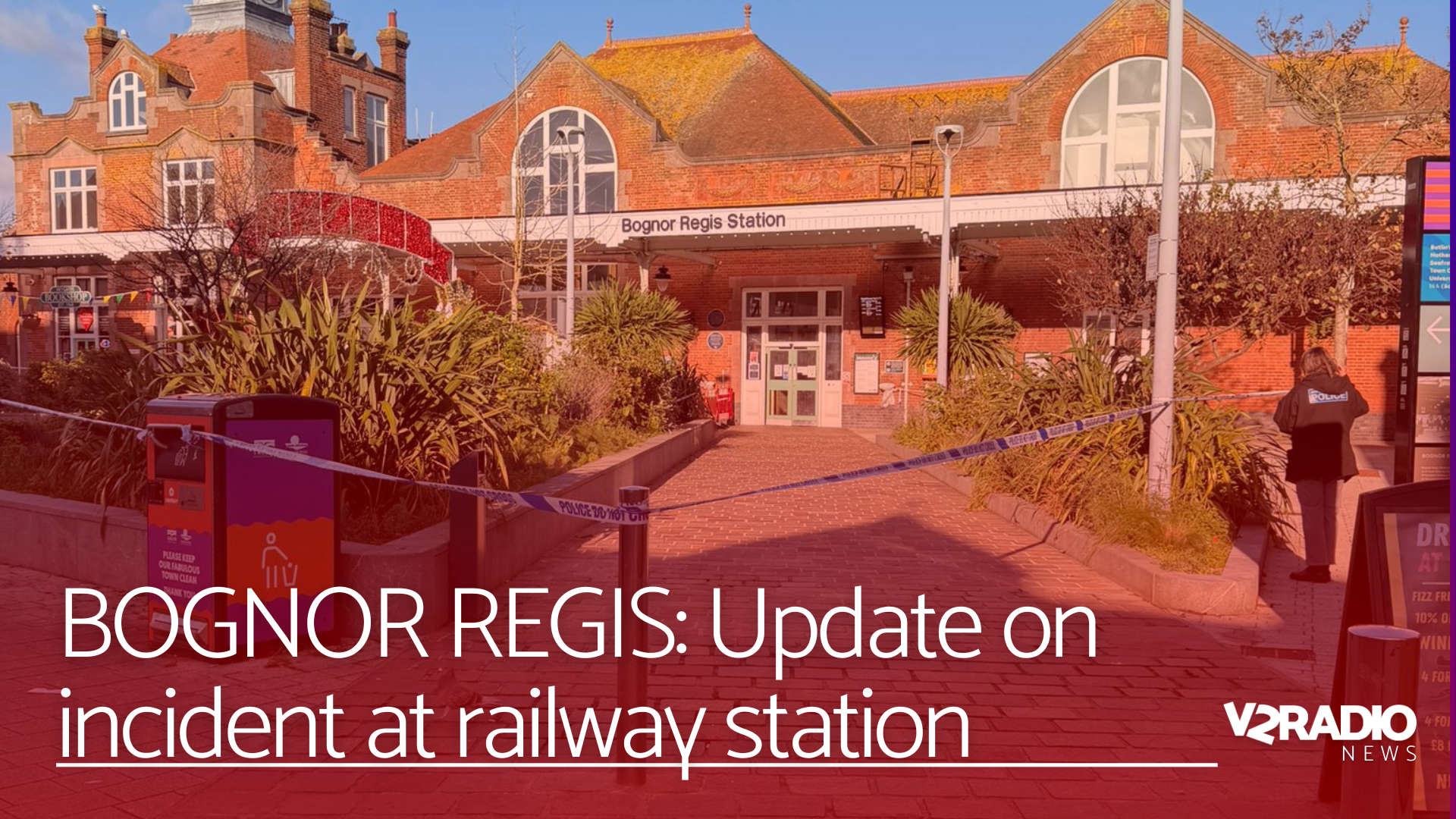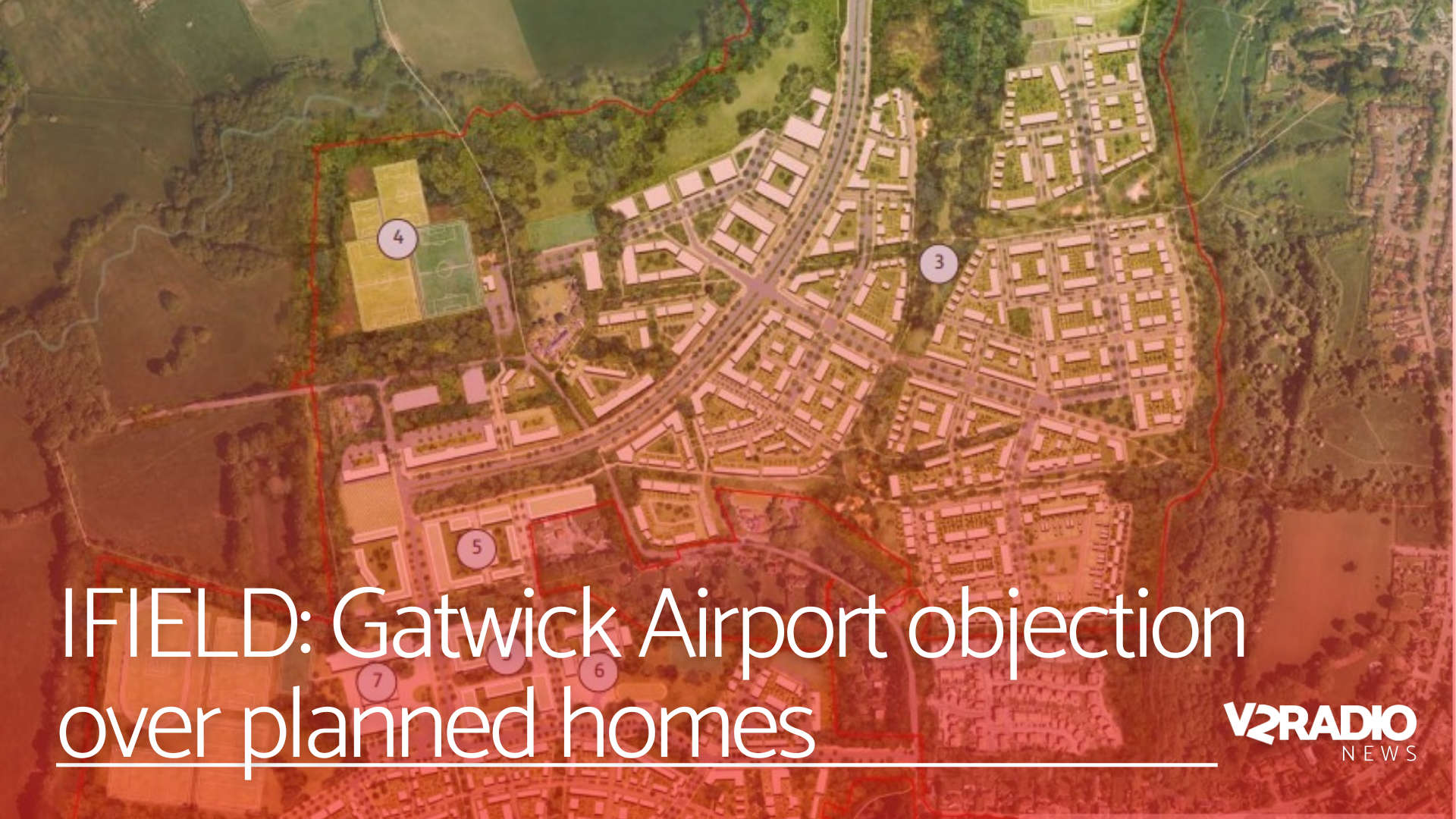
The fate of long-debated Tipner West returns to the Portsmouth City Council chamber next month.
Councillors are due to meet on 11 November to consider the site’s role in the council’s Local Plan, which sets out how the city will develop up to 2040.
The plan allocates land for new homes and jobs, and includes city-wide policies on design, environmental protection and tackling the climate emergency.
Tipner West designations
The 140-acre Tipner West site lies north-west of Portsea Island, just west of the M275 in Nelson ward.
It has previously been used for a variety of purposes, including gunpowder storage for the Royal Navy, a scrapyard and a Ministry of Defence shooting range.
Much of the site is now made up of saltmarshes, mudflats and tidal creeks that provide habitats for birds and other wildlife.
It has been designated as a Special Protection Area (SPA), a Site of Special Scientific Interest (SSSI), a Site of Importance for Nature Conservation (SINC) and a Ramsar site, giving it multiple layers of ecological protection.
Government refusals
Because of the site’s environmental importance, any development proposals must be approved by the government.
In February, the Ministry for Communities, Housing and Local Government rejected plans for 800 homes, new sea defences and a marine employment hub.
Former housing secretary Angela Rayner said the public benefits of the scheme did not outweigh the ecological harm it would cause.
The decision was later withdrawn after the council said the reasoning behind it was inadequate and flawed.
In July, the government reconsidered the proposal and refused it again, citing the loss of 6.5 hectares of habitat and disruption from construction.
That decision was also withdrawn after the council began legal proceedings, arguing the government had failed to properly account for it’s proposed mitigation measures during construction.
Local Plan delays
Earlier this month, the council wrote to the government expressing frustration over delays in securing a decision, despite requesting it’s opinion in October last year.
It said the delay had prevented it from meeting the March 2025 deadline for submitting the Local Plan.
The letter claimed the council had been made the “victim” of the department’s “unjustified delay and legal error”.
The new deadline for submission is 12 June 2026.
Supplementary policy
With the Local Plan nearing completion, the council has drawn up an addendum, a supplementary document focused on Tipner West, which could be attached when the plan is submitted.
It introduces a “new draft policy” for the site “that does not harm nature conservation in any way that cannot be mitigated.”
Councillor Hugh Mason, Cabinet Member for Planning Policy & City Development, said: “I welcome the Local Plan Addendum for Portsmouth as an addition to the Draft Local Plan. We have refined some of our policies to take account of government interpretation of planning priorities.
“Once comments on this Addendum have been considered a final draft of the Plan together with the Addendum will be submitted for examination by the Planning Inspectorate along with all the comments received in the 2024 and 2025 consultations.
“I believe that, when final approval has been received, the Portsmouth Local Plan will provide a visionary planning framework which will guide the growth and renovation of our great city for many years to come.”
Councillors will discuss the addendum on November 11 at a full council meeting, more information can be found on the council’s website.

 UPDATE: Bognor Regis railway station incident
UPDATE: Bognor Regis railway station incident
 Portsmouth Wellbeing Service helps 300 people on their stop smoking journey this Stoptober
Portsmouth Wellbeing Service helps 300 people on their stop smoking journey this Stoptober
 Gatwick Airport objection over planned homes West of Ifield
Gatwick Airport objection over planned homes West of Ifield
 Gritters out in force across Sussex overnight
Gritters out in force across Sussex overnight
 WATCH and LISTEN: Residents and visitors in Midhurst urged to shop local this Christmas
WATCH and LISTEN: Residents and visitors in Midhurst urged to shop local this Christmas
 BREAKING: Stabbing at Bognor Regis Train Station - Update @18:16
BREAKING: Stabbing at Bognor Regis Train Station - Update @18:16
 Petition for specialist education in Gosport rejected
Petition for specialist education in Gosport rejected
 Arundel named as a top Christmassy town.
Arundel named as a top Christmassy town.
 Appeal for witnesses following collision in Newport
Appeal for witnesses following collision in Newport
 Using mindfulness to support young children’s well-being in nursery school
Using mindfulness to support young children’s well-being in nursery school






